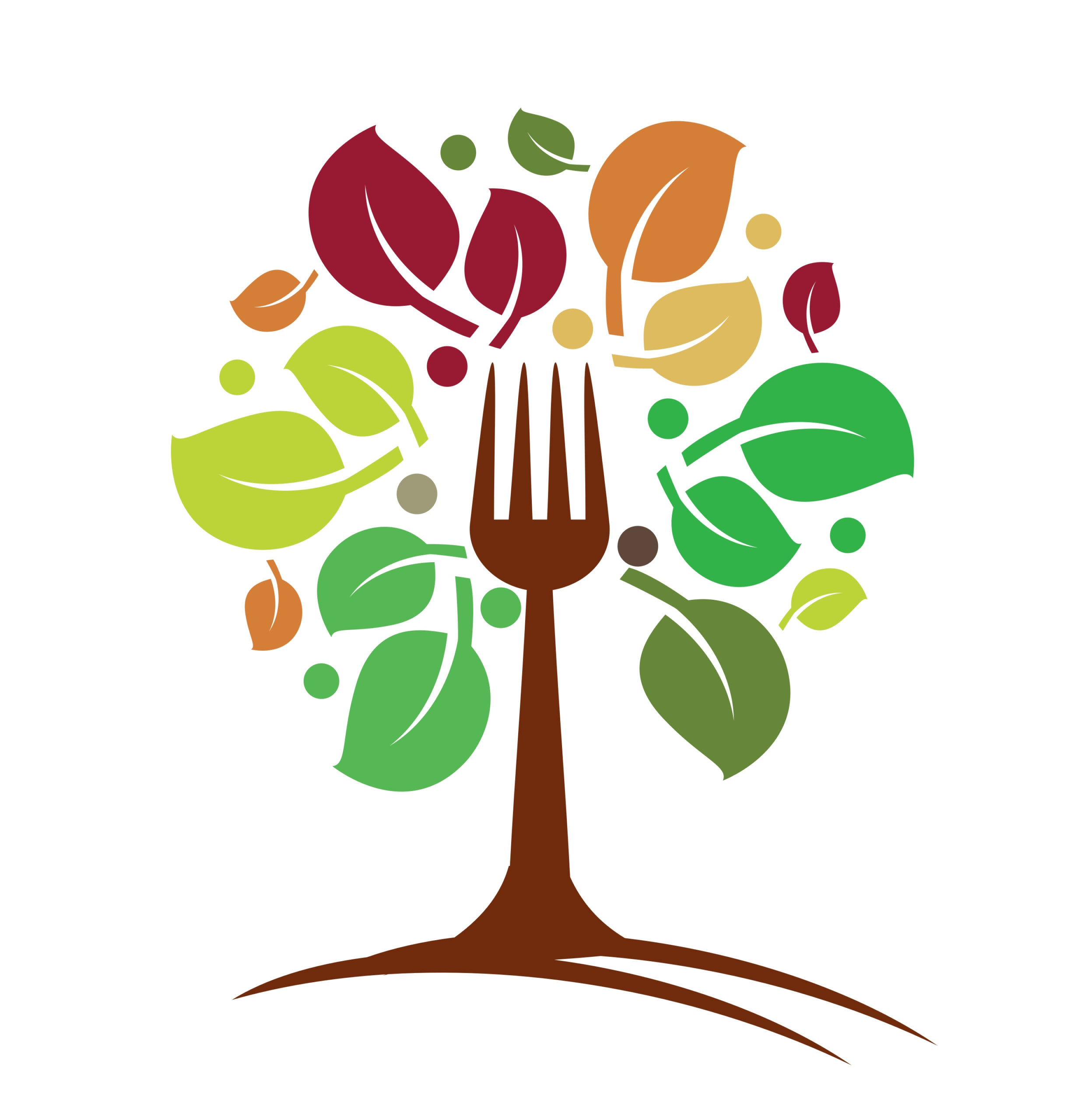In the middle of January’s Food-palooza — as the Good Food Awards segued to the Fancy Food Show — was a timely panel discussion co-hosted by CUESA, Kitchen Table Talks, and the Good Food Awards. The topic: “Scaling Up Artisanal Food: How Big Is Too Big?”
The event, held at the San Francisco Ferry Building on January 18 and open to the public, addressed a question that every artisan food producer considers at some point. If your product is good, and you have some success, how big should you grow? What are the consequences of growth in terms of product quality and availablity, continued relationships with the community of customers and suppliers, not to mention adjustments within your own work environment?
For me, the question came up regularly during the eight years I ran my chocolate and confections business, Gateau et Ganache. “How big do you see this thing getting?” was a question I was asked a lot. Did I want a store in every mall, like Godiva? (um, no) Or did I want a lifestyle business, making just enough to allow me to pursue the craft and work I love? (maybe? but shouldn’t I strive for more? You know… being Type A and all that.) How would I know when Gateau et Ganache was “big enough?” Would it ever be? What was my exit strategy? These are questions that require the artisan food producer to examine his or her goals and values as a craft food producer, a business person, and as a community member.
Having been an artisan food producer and now writing about artisan food from “the other side of the table,” the opportunity to hear what three award-winning food producers would have to say on the topic was a draw for me. More than that was the opportunity to hear each artisan’s story of building a successful business and what it took to get there. The panel, led by Marcy Coburn of the Oakland-based Food Craft Institute, included:
- Elias Cairo, co-founder and salumist of Olympic Provisions in Portland, OR
- Sue Conley, cheesemaker and co-founder of Tomales Bay Foods and Cowgirl Creamery in Marin County, CA
- June Taylor, jam maker and founder of June Taylor Company in Berkeley, CA
Despite the different types of products and different growth paths, each artisan producer started with a passion for the work and the goal to create a delicious, authentic product. There was so much said by the panelists that I found myself nodding and smiling in agreement — often because I had experienced similar situations and issues myself. Beyond company histories and issues of scaling, the panelists talked openly about:
- Passion for the craft itself and the ingredients/raw materials with which they work (and this is what keeps artisan food producers doing what they do)
- The need for storytelling, in terms of educating customers and community about what you do and why
- The importance of collaboration amongst artisan producers — rather than competition — to promote the craft and strengthen the community of “makers”
- The value of education to teach others the craft of food production, and in doing so, making handcrafted food available to more people
- Creating and sustaining relationships with the farmers who provide the raw ingredients for what they produce
- Thoughtfully deciding and being able to articulate when and where they might compromise — for example, by adding mechanization to increase production, but not by using substandard ingredients or creating unsatisfactory work environments
- Transparency about ingredients, sourcing, and processes
The the original question — “how big is too big?” — is multi-faceted, and there’s no right answer. For Elias Cairo and Olympic Provisions, a young business in a growth phase, continued growth while maintaining the product’s integrity and an exceptional work environment is essential. In June Taylor’s case, maintaining her lifestyle and small-batch processing with a limited number of employees and direct, personal relationships with farmers/suppliers have defined the size of her business. For Sue Conley of Cowgirl Creamery, it’s a balance that falls in between those two options.
On a personal note, while I found everyone’s stories inspiring, it was June Taylor’s that most resonated with me. Her choice to intentionally stay small (“seven jars of jam at a time”), insistent on managing the quality of the product herself, and maintaining the personal relationships with her suppliers is admirable. She was resolute and unapologetic in the way she spoke about this choice and was clear that it’s what works for her. While it’s an option that many artisan food producers might dismiss, it’s as valuable (and viable) as the choice to get big.
With time and experience I found the answer to the “how big” question for my business — and decided to close after eight years. I realized that I’d not only been successful, but that I’d achieved more than I could have imagined. It might seem small to some — and that I could have gone further (and yes, I could have) — but it was enough.
The fact is that we start these businesses because we’re passionate about the work, the products, the ingredients, and the relationships we develop. Business plans and profitability matter, but not at the expense of the everything else. Knowing how fast and how far you’re willing to grow is essential. And, if you’re an artisan food producer, the question of scaling is one that you’ll likely revisit regularly.
Want to hear the discussion for yourself? CUESA has posted the MP3 version online.

Anni, what a great article and topic for you. Look forward to more!
Anni, Great article! Looking forward to reading more.
Connee — thank you so much for your comment and your support!